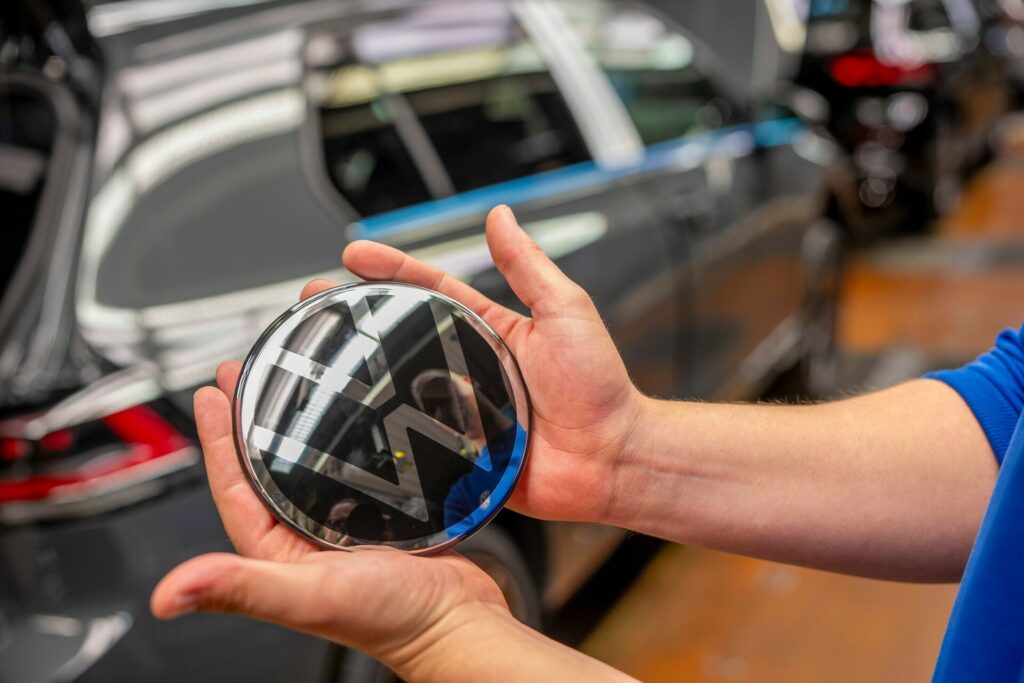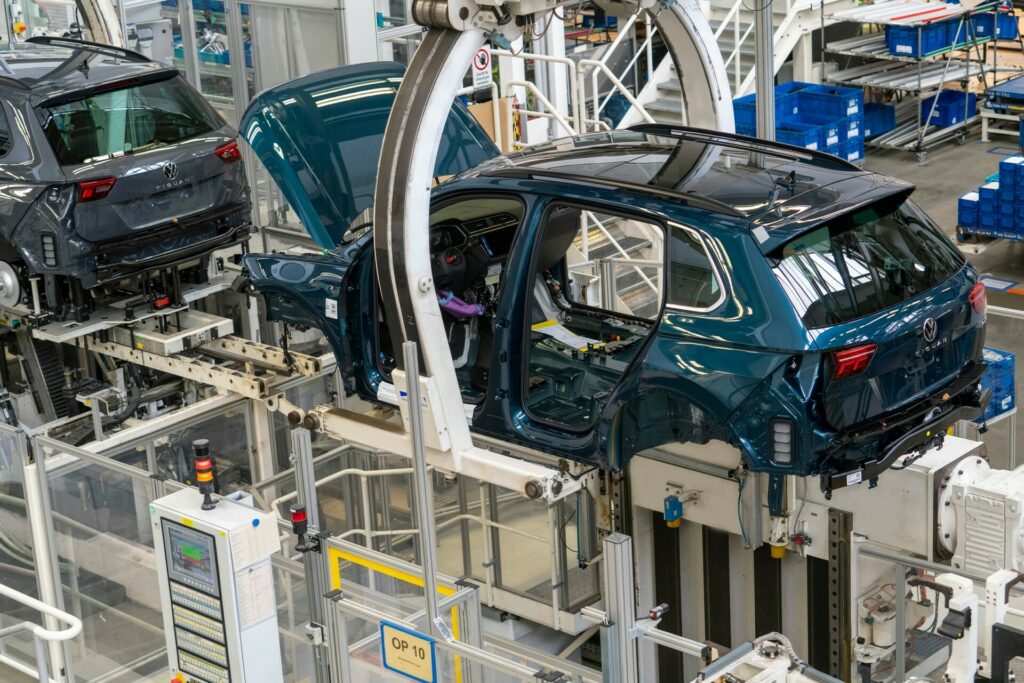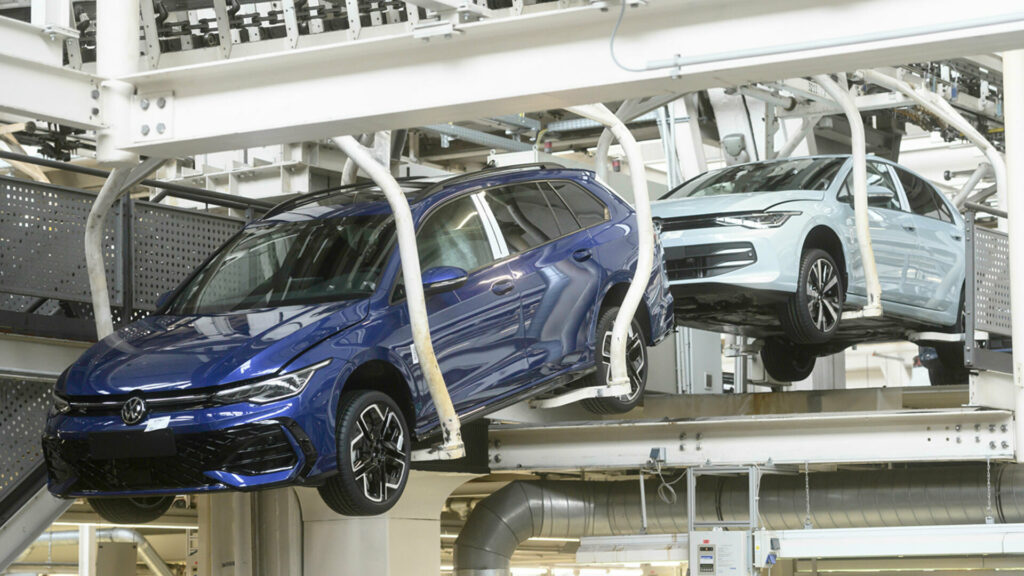- Volkswagen has warned it might close plants in Germany as the country is no longer competitive as a manufacturing location.
- The automaker is experiencing a number of headwinds and their operating profit dropped 11% compared to a year ago.
- The issues are said to be so advanced that they “cannot be resolved through simple cost-cutting measures.”
Volkswagen is sounding the alarm and warning that it could close plants in Germany. If this occurs, it would reportedly be a first in the company’s history.
According to Volkswagen Group CEO Oliver Blume, “The European automotive industry is in a very demanding and serious situation.” He added that “new competitors are entering the European market” and stated “Germany, in particular, as a manufacturing location is falling further behind in terms of competitiveness.”
More: Audi Wants To Kill The Q8 E-Tron, May Shut Brussels Plant
VW brand boss Thomas Schäfer added the “situation is extremely tense and cannot be resolved through simple cost-cutting measures.” This means the company’s various brands will be subjected to a “comprehensive restructuring” and plant closures are a possibility.
Unions are already crying foul and CNBC quotes a district manager of IG Metall as saying, “The board of directors today presented an irresponsible plan that shakes the foundations of Volkswagen and poses a massive threat to jobs and locations.” He added, “This course is not only short-sighted, but also extremely dangerous – it risks destroying the heart of Volkswagen.”

The news comes about a month after Volkswagen announced an operating profit of €10.1 ($11.1) billion for the first half of the year. That’s down 11% from 2023 and the drop came despite a small increase in sales revenue. The company also posted a negative net cash flow in the automotive division and a 2% drop in sales.
This isn’t the first time the company has warned about plant closures as, in July, Audi said they wanted to end production of the Q8 e-tron and Q8 Sportback e-tron early due to an “intensified drop in demand.” At the time, the automaker said the issues were compounded by “long-standing structural challenges at the Brussels site” and that the facility might be closed.





